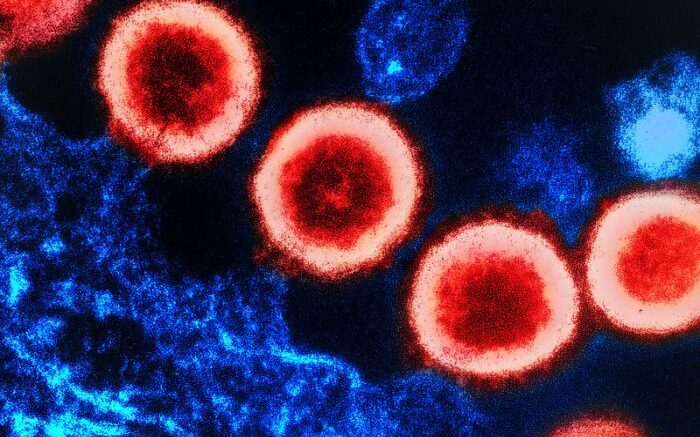Potential HIV Cure?

A recent study has revealed a potential future treatment for HIV involving the use of molecular tools to remove HIV DNA from infected cells. This technique employs CRISPR-Cas gene editing technology, recognized for its precision in altering a patient’s genetic makeup, an achievement acknowledged with the Nobel Prize in Chemistry in 2020.
HIV poses a challenge in treatment due to its ability to integrate into the host’s DNA, complicating eradication efforts. However, CRISPR-Cas offers a promising avenue to target and isolate HIV DNA
Given the virus’s ability to infect diverse cells and tissues in the body, researchers aim to develop a method effective across these different environments.
The study, to be presented at the upcoming European Congress of Clinical Microbiology and Infectious Diseases, utilized CRISPR-Cas along with specific guide RNAs to target conserved HIV sequences. This approach demonstrated significant antiviral efficacy, effectively neutralizing HIV and removing viral DNA.
Associate Professor Elena Herrera Carrillo from the University of Amsterdam AMC emphasized the significance of these findings, describing them as a step forward in developing a cure strategy.
Although the path to clinical application is long, the researchers are encouraged by these initial results. Currently, HIV is managed with antiretroviral medication, but true cures remain elusive. Dr. Carrillo stressed the importance of balancing efficacy and safety in this potential cure strategy.